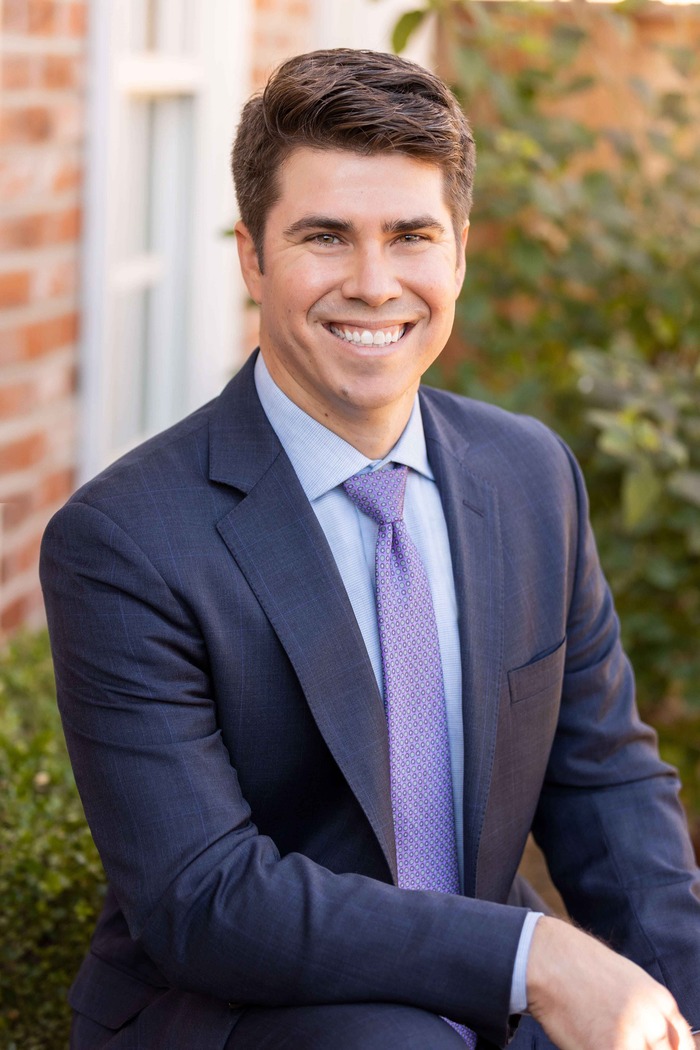
As many of you wearing a fresh pair of socks or adding a homemade card to your desk can attest, this Sunday was Father’s Day. I remember almost nine years ago before my son was born, just how nervous and excited I was to become a father. I had just shifted to full time with OrgMetrics’ team and the clarity around the level of responsibility involved was just setting in. Now, with two kids entering youth sports, as they say, the days are slow but the year’s fly by. And while Father’s Day dances on the boundary of being a “Hallmark Holiday,” I’m happy to grab a moment to reflect a bit on how parenting has impacted my style of leadership, and (hopefully) made me a better teacher, coach, and facilitator.
And now… the top three lessons I’ve learned from parenting so far (insert drumroll):
- Leadership is Influence
- Get Clear about the Goal
- Don’t Grip the Reigns to Tightly
1. “Leadership is Influence. Nothing more, nothing less,” John C. Maxwell.
In John C. Maxwell’s book, “The 21 Irrefutable Laws of Leadership,” he talks about how a person’s ability to influence others is the true mark of leadership. Most of our organizations have hierarchy’s, but just because you have the title does not mean you have the ability to get others excited about and invested in an idea.
To me, the single best example of leadership through influence is learned when you are trying to get your kindergartner ready for school. It has all of the key elements of any great leadership test: there is a clear goal, a schedule, heavy stakeholder influence, a personal lack of control, an opportunity for broad interpretation for sequencing, and the need to think on your feet.
I don’t love to yell. But I’d be lying if I told you that I’m at my best when one of my kids is getting lost in their thoughts or starts playing with other toys while standing half naked over an open t-shirt drawer. The patience I model in Partnering is not always exhibited at home as we negotiate whether they can wear their favorite shiny boots on a rainy muddy day, or when they insist on getting changed before they brush their teeth and then drool a white stain onto said T-shirt right before we are trying to run out the door to get to school. Janet and I have tried a LOT of strategies. Checklists, reminders, nagging, incentives, dis-incentives, laying out clothes the night before… you get the drill. Some days its easy, other’s its hard. What I can guarantee is that what worked this week may or may not work next week and the maddening part is that we are supposed to let them dress themselves because it helps with confidence, efficacy, and autonomy (see item 3). As I said – it’s an important lesson on influence.

2. Get Clear about the Goal
As any parent knows, you make thousands of decisions every year that impact your kid’s day-to-day and their potential future. Questions around which school to pick, which sports to play, whether to pick an instrument, what types of art enrichment or science camp to attend, friendships to emphasize, etc., come up daily. As much as we try to be deliberate and thoughtful, I’m confident we get things wrong a lot!
Fortunately, my parents had a great philosophy that has helped me remain centered. They have often said, “We are not trying to raise perfect, obedient children. We’re trying to raise interesting adults.”
I have two siblings and we are all very different. My brother is an engineer who works in the solar industry. My sister is a marine ecologist and researcher who works internationally. Each of us is very passionate about what we do, and we work really hard in our profession. We also seek to be present and supportive parents to our kids. I’ve deeply appreciated how my parent’s philosophy translated into support for each of our passions. If we were going through an art phase, we would get paper, pens and support. If we were pursuing a sport, they would help us go to the highest level we were interested in pursuing. If we acted in a play, they were there “with bells on.” To me being “interesting adults” is about demonstrating hard work and supporting passions, so each kid is given the tools to pursue mastery at whatever they are deeply interested in.
As a leader, it’s important to be very clear about the vision for the end state and recognize that it is the journey that serves as the teacher for each individual and the team. I try to filter each of the decisions we make for our kids through a similar philosophy.
3. Don’t Grip the Reigns Too Tightly
I’m guessing there is a genetic component to perfectionism that has made me want to do things just right every time. This doesn’t always serve me in my work as a Partnering Facilitator. I struggled with this early on with the San Francisco Collaborative Partnering Steering Committee. Our tempo felt slow, and I wanted us to produce tangible results right away. Fortunately, I have colleagues who reminded me to relinquish some of the control, focus on the long term culture change objectives of the Steering Committee, and “trust the process.”

Parents can be similarly tempted to overly manicure their children’s life. We hear stories about parents calling professors in college to try to adjust student grades, or stage mom’s using political savvy to garner a bigger role for their child. I’m all for advocacy but clearing all hurdles and obstacles for our kids (aka bulldozer parenting) is in fact, a disservice. This type of parenting tends to lead to young adults who lack autonomy and the ability to problem-solve on their own. In order for our kids to become gritty, resilient adults, they need to experience adversity and fail… a lot!
Teams and organizations need to go through the same thing. Yes – it would be wonderful if every initiative and project were able to get across the finish line without any conflict, but from my experience, it is the conflict and beating up the problem until you land at the best solution that results in the best outcome.
To me coaching our kids’ teams is a great forum for this. It is really fun to play on and coach a winning team. But you can have a much greater impact when you can help a team that is struggling to improve so that they earn the victories (actual or moral) that they can get from the season. When I’m coaching, my goal is to help fuel the passion for a sport and to not be the kid’s last coach. As a leader, you want to do the same thing. You want to fuel people’s passion and desire to stay with our great industry.
So those were my big revelations from the weekend. Lead through influence, remain clear on the goal, and don’t over-control the process. If you forgot to text or call your dad or any other influential fathers in your life, I hope you take a minute to send them a belated Father’s Day greeting. And feel free to throw in a dad joke or two while you are at it!
– Rob
Rob Reaugh is President of OrgMetrics LLC. He facilitates the City and County of San Francisco Collaborative Partnering Steering Committee and currently works with San Francisco International Airport, San Jose International Airport, BART, Caltrans, and others. He holds a Masters’ Degree in Alternative Dispute Resolution.
For more information please contact Rob Reaugh, RobReaugh@Orgmet.com / (925) 487-2404 (cell), or OrgMetrics, (925) 449-8300.


 Rob Reaugh is President of OrgMetrics LLC. He facilitates the City and County of San Francisco Collaborative Partnering Steering Committee and currently works with San Francisco International Airport, San Jose International Airport, BART, Caltrans, and others. He holds a Masters’ Degree in Alternative Dispute Resolution.
Rob Reaugh is President of OrgMetrics LLC. He facilitates the City and County of San Francisco Collaborative Partnering Steering Committee and currently works with San Francisco International Airport, San Jose International Airport, BART, Caltrans, and others. He holds a Masters’ Degree in Alternative Dispute Resolution.